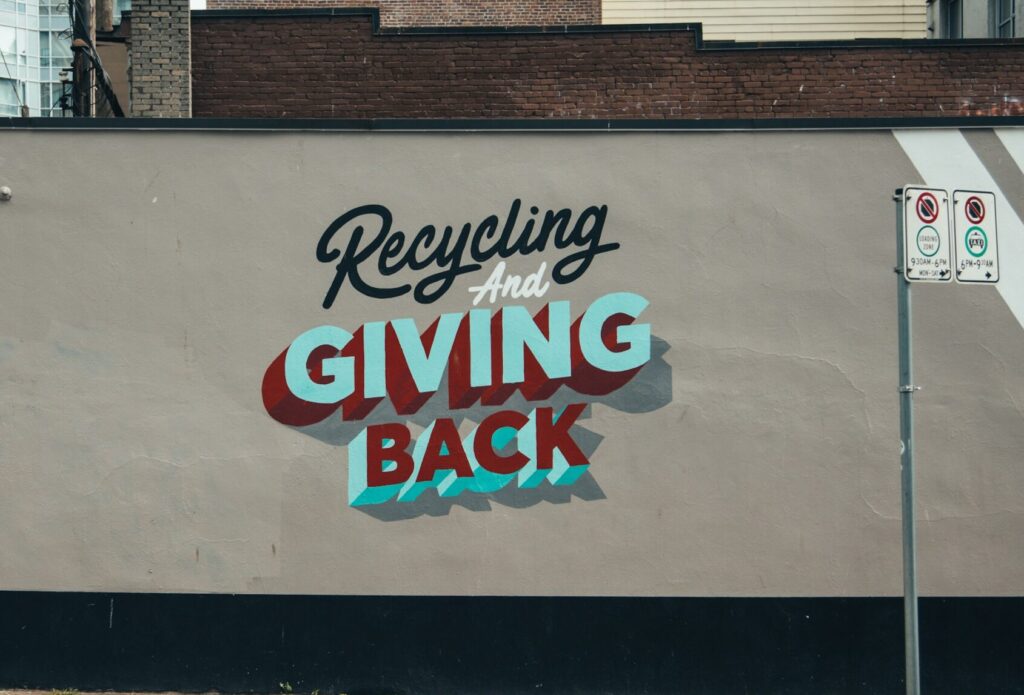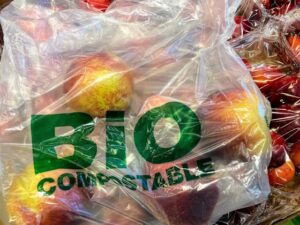Zero-waste events have recently emerged as a vital component in the fight against waste and pollution. But what exactly does it mean to host this type of event? At its core, a zero-waste event aims to eliminate as much trash as possible by utilizing other methods of management, such as reducing, reusing, donating, recycling, and composting. The goal is to divert 90% or more from landfills, thereby minimizing the occasion’s environmental footprint.
Key facets of a zero-waste event
Reducing
The first and most crucial step is cutting the amount of waste generated. This involves planning in advance and choosing low-waste or no-waste options whenever possible. By selecting items that are intended for more than single use, organizers can significantly lower the initial amount of refuse.
Reusing
Promoting the reuse of materials is another cornerstone of zero-waste gatherings. This can be as simple as utilizing washable tableware instead of disposable ones or providing attendees with reusable water bottles and bags. Encouraging participants to bring their own to-go containers can also drastically cut down on discarded food.
Donating
An often overlooked but impactful method of mitigating leftovers at events is donation. Specifically, surplus food can be donated to local food banks, shelters, and community organizations, ensuring that excess supplies benefit those in need rather than being discarded. Many times, these organizations also welcome donations of surplus paper goods that may be leftover after an event.
To simplify the donation process and connect event organizers with nearby partners, platforms like Careit’s donation software can be invaluable. Careit allows donors to efficiently find and communicate with local nonprofits, ensuring that surplus food is distributed quickly and safely.
It’s important to follow the Shelby County Health Department’s Safe Food Donation Guidelines to ensure that surplus food is properly handled and safely donated. The Bill Emerson Good Samaritan Act and the Food Donation Improvement Act provide legal protection to donors who contribute food in “good faith,” safeguarding them from liability.
Recycling
Efficient recycling programs are essential. Setting up clearly marked recycling stations throughout the venue facilitates the proper sorting of materials like paper, plastic, and glass. Whether through signage, friendly volunteers, or a combination of both, educating attendees on what can and cannot be recycled can help maintain efficiency.
Composting
Planners can make sure that organic scraps are collected by a compost service rather than ending up in a landfill. While reduction and donation of surplus food should be prioritized, for inedible scraps or food not appropriate for consumption or donation, composting is the preferred method of landfill diversion. Compostable utensils and plates made from BPI-certified materials further support this method so that even unavoidable trash contributes to sustainability efforts.
Planning a zero-waste event
To host a successful zero-waste gathering, meticulous planning and coordination are required. The following are some actionable steps to ensure the occasion aligns with eco-friendly principles:
- Define what zero-waste means for the event and set measurable goals. For example, aim to divert 90% of refuse from landfills. Use past data to set realistic targets and track progress.
- Work with vendors who share the vision. Ask them to minimize packaging, use recyclable or compostable materials, and take back unused products. Collaboration with suppliers can significantly cut waste at the source.
- Connect with local recycling and compost service providers, such as Get Green Recycleworks and The Compost Fairy, to manage waste effectively and certify that recyclables and organic materials are properly processed.
- Proper training for staff and volunteers is essential for the success of zero-waste initiatives. Make sure they understand the goals and processes of the plan, and that they are able to guide attendees on how to dispose of their scraps correctly. It can be helpful to designate a “green team” to take the lead on these efforts.
- Set up well-labeled and strategically placed stations for recyclables, compostables, and landfill waste to facilitate a more effective waste management process. Clear signage and educational materials can help attendees make the right choices. Knowledgeable volunteers placed at these stations can further help by monitoring and verifying that items are sorted correctly, reducing the likelihood of mixing different types of waste and improving the efficiency of recycling and composting efforts.
- Encourage attendees to support environmental goals by bringing their own reusable items and properly sorting their trash. Consider incentivizing participation through discounts or rewards.
- Monitor waste areas to ensure proper sorting and collect data on the amount of debris diverted from landfills. By sharing the results with attendees, vendors, event organizers, and stakeholders, this transparency can build support for future initiatives.
Hosting a zero-waste event is centered around creating a culture of sustainability and responsibility. It requires commitment, creativity, and collaboration among all stakeholders. As we continue to face global environmental challenges, eco-friendly gatherings offer a tangible way to make a positive impact and build a greener community.




